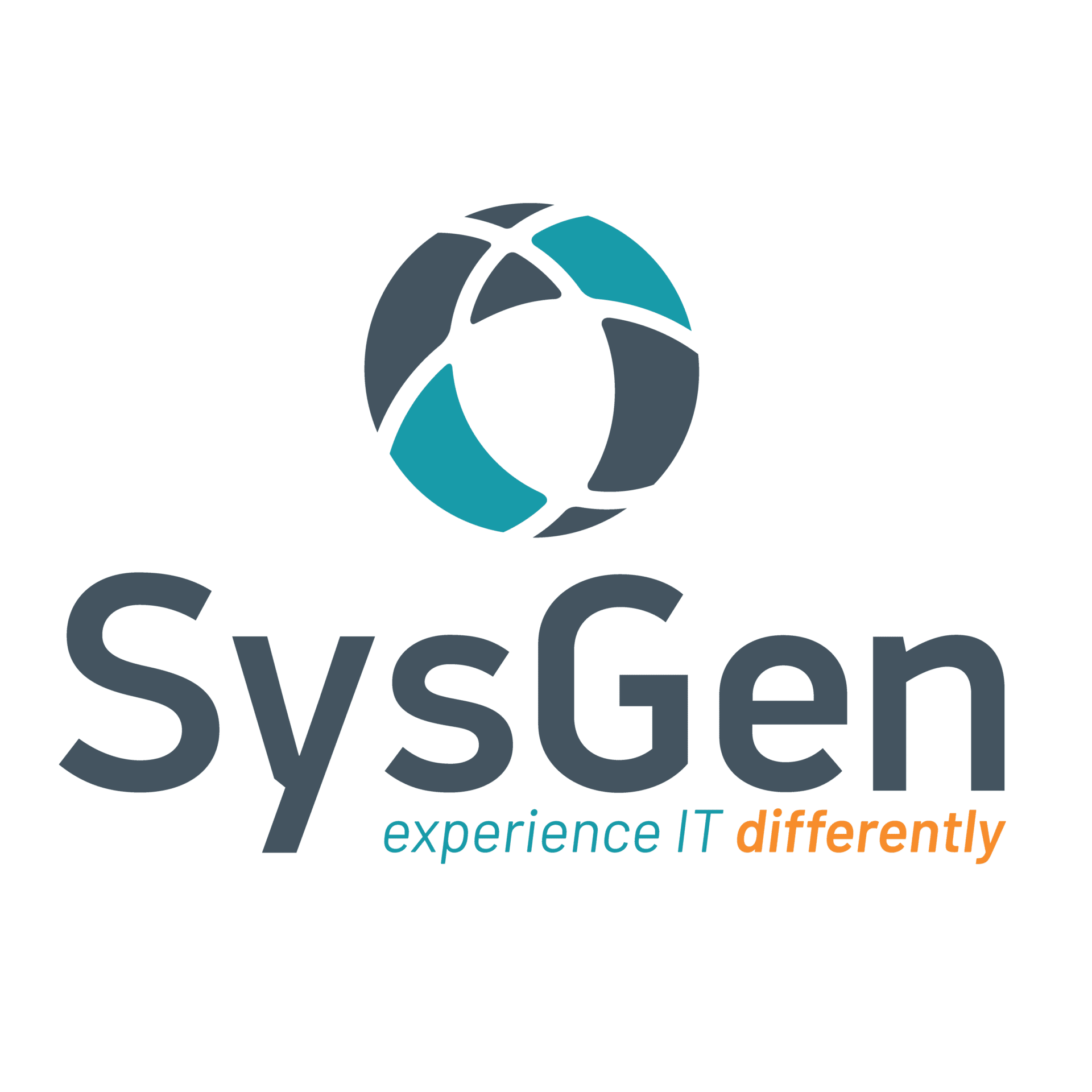Last month, we explored workstations to determine whether a desktop, laptop or laptop hybrid is right for your business. This month, we’ll look at how to select the right Microsoft Office software to suit your organization’s needs, and ensure your business is in compliance with Microsoft licensing.
Microsoft is the highest issuer of software audits out of any other software vendor. From 2012 to 2014, Microsoft audited 30,000 companies to ensure compliance with software licensing rules – more than double the auditing frequency of the second most active auditor, Adobe.
For organizations audited between 2012 and 2014, 56% of companies reported an audit fee of $100,000 or more. To ensure you’re within the law and to avoid hefty fees, here’s how to determine if your company is following Microsoft licensing agreements.
Volume Licensing or Office 365?
Choosing between Volume Licensing and Office 365 is the first choice for businesses looking at Microsoft Office software. This decision incorporates many facets, including how large your budget is for IT, if you have an IT department to support the software, and how important mobility and uptime are to your organization. Here’s a breakdown on how to make the decision between Volume Licensing and Office 365:
[table “5” not found /]
Business or Enterprise Software?
Buying the correct software for your business is the easiest step to ensure you stay in Microsoft’s good books. Microsoft Office software is categorized based on the number of users that require a license. For Volume Licencing and Office 365, Home & Office is designed for up for 5 users, Business supports from 5 to 300 users, and Enterprise can take on an unlimited number of users.
While it’s tempting to buy Home & Office, rather than Business or Enterprise software, Home & Office simply isn’t designed to connect to a domain or server, and you’ll be in violation of Microsoft licensing agreements. Choosing Home & Business may save you money now, but it’ll cost you a hefty auditing fee if you become one of the thousands of companies that Microsoft indiscriminately audits worldwide each year.
After choosing Office software that meets Microsoft licensing standards, there are two questions that answer whether Business or Enterprise software is right for your business. If your company requires access to a remote desktop server (RDS), then you’ll need to look at Enterprise options for Volume Licensing or Office 365. If not, the Business option will suffice.
The second question is if you have or anticipate over 300 users. If the answer is yes, you’ll need to look at the Enterprise option for Volume Licensing or Office 365. If your company has under 300 potential users, then the Business option will meet licensing requirements.
Maintaining Your Office Software
Selecting and installing Office software that abides by Microsoft rules doesn’t mean the job is complete. Whether you choose Volume Licensing or Office 365, ensuring you’re in compliance with Microsoft licensing expectations is crucial. After selecting the correct software for the number of users in your business and understanding the pros and cons for Volume Licensing and Office 365, making sure software is counted, renewed, and payments are made as required are the final steps to avoiding hefty auditing fees.
Find SysGen’s IT support and managed IT services in Calgary, Edmonton, Red Deer, Vernon, and Kelowna. Learn more about SysGen’s cloud offering, cybersecurity services, and digital advisory team by clicking here.
Contact Us To Find Out More



